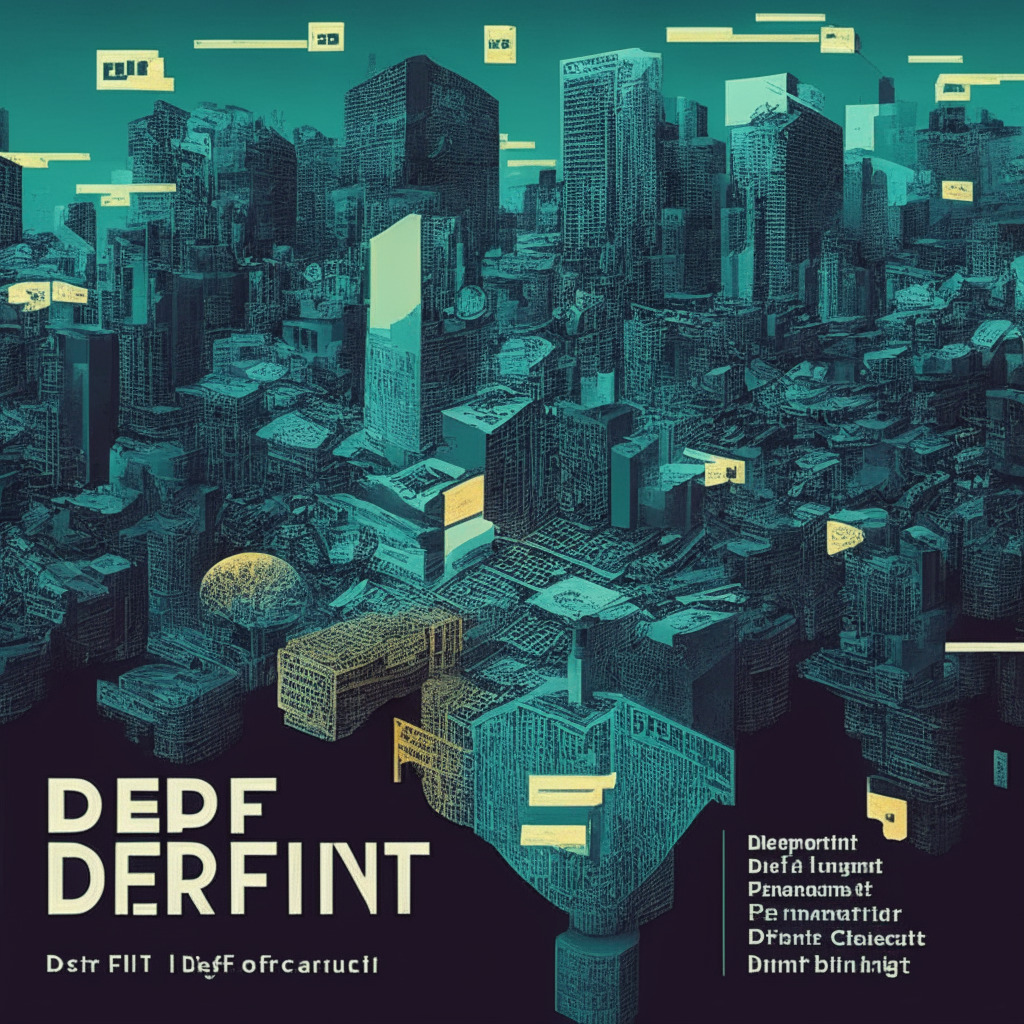DeFi has become a prominent feature in the world of cryptocurrencies, particularly on smart contract-capable virtual machine protocols like Ethereum and Solana. Bitcoin, on the other hand, has typically been perceived as a tool for storing value. However, the recent Ordinals craze has prompted many to reconsider its potential role in the decentralized finance (DeFi) ecosystem.
DeFi on Bitcoin is not only possible but has been enabled through innovative solutions that operate on top of the protocol, leveraging the security and liquidity benefits of the Bitcoin network. However, the process of integrating modern scaling mechanisms into the slow-moving “digital gold” blockchain has proven to be a technical challenge. Furthermore, it is worth questioning whether there is genuine demand for DeFi on Bitcoin.
Despite the existing DeFi applications with impressive interfaces and comprehensive smart contract options, Muneeb Ali, the co-creator of Stacks and CEO of Trust Machines, believes that the most popular ones will eventually find their way to Bitcoin. He refers to the “Bitcoin thesis” – a long-standing argument among loyalists that states any useful application on another chain will ultimately come to Bitcoin. The apps and assets that do make the transition will not only become more valuable but will also benefit from the security, liquidity, and durability of Bitcoin.Muneeb Ali states that market data previously indicated a lack of interest in building DeFi use cases on Bitcoin; however, this has been changing in recent times.
One of the key examples of this development is the growth in non-fungible tokens (NFTs). Bitcoin is now the second most popular platform for NFT trading, trailing only Ethereum. While this shift may have been unimaginable just six months ago, it demonstrates the evolving role Bitcoin can play in the DeFi space.
According to Ali, the main implementation barriers facing Bitcoin for DeFi are not due to lack of interest, but rather lack of infrastructure, tooling, wallets, and a strong developer community. Demand exists for smart contract solutions on Bitcoin, as evidenced by the ongoing development of solutions like RSK (Rootstock) and Stacks.
Ali maintains that despite the currently clunky nature of some applications built on Bitcoin, such as privacy tumblers, the potential for Bitcoin-based DeFi use cases is evident. If the infrastructure, tooling, and developer community around Bitcoin can mature, it is plausible that more people will embrace DeFi options on the platform.
In conclusion, DeFi is possible on Bitcoin, and interest in building such use cases for the platform appears to be on the rise. Overcoming the technical challenges and improving the necessary infrastructure will be crucial in making DeFi on Bitcoin a reality.
Source: Blockworks




